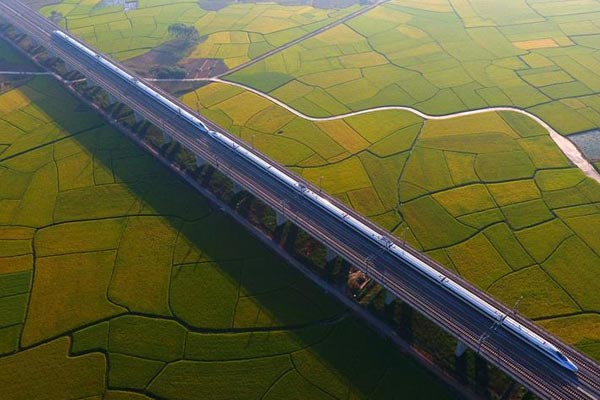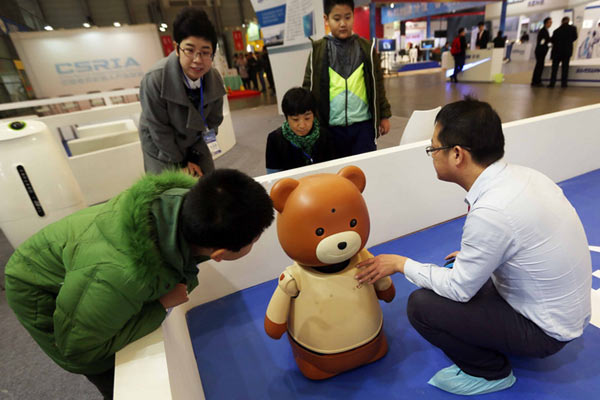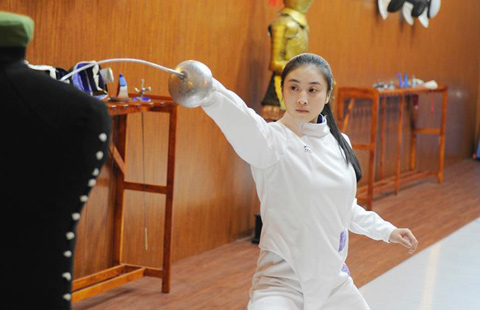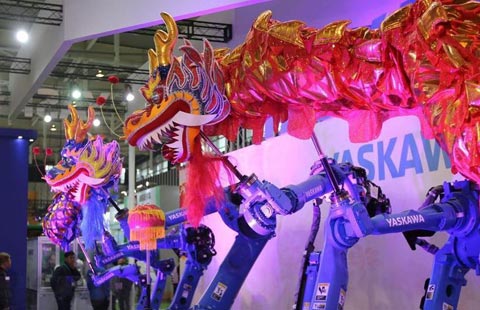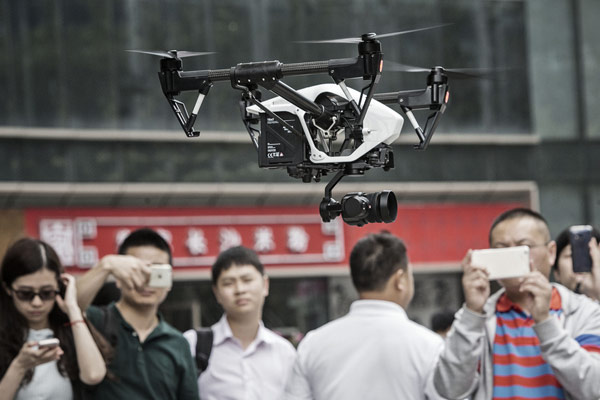15 years in WTO, China now standing as standard-bearer of globalization
BEIJING - With tough transitional challenges ahead and painstaking adjustments behind, China has risen to become a bellwether of global free trade and a token of globalization at large, after 15 years since its accession to the World Trade Organization (WTO).
An undisputable winner of globalization, China has undergone the whole process with costs and pains. But all that has benefited China and the world due to the country's impregnable integration into the global system has proved the worthiness of such afflictions.
Among all the catalysts for China's success, openness always comes first. The nation's milestone accession to the world's largest trading bloc has made a perfect marriage between the nation and the global value chain, as burgeoning Chinese businesses begin to go global, and international enterprises ride on the crest of their ambitions in the tantalizing Chinese market.
More remarkable is China's readiness to dance with "wolves" fed by the global free trade system. Instead of being a head-in-the-sand ostrich, China has from the beginning responded to the challenges with resolute reforms to make a market economy at all costs, rather than quench its initial disorientation with poisonous protectionism.
China's success after its entry into the WTO has proved that compared with other resources, the stamina nourished by an inclusive and flexible mindset will win in the race for the silver line of the global free trade.
For all these years, political and business leaders of the Asian country have grown increasingly accustomed to acting within the international legal and business framework, marking a stark contrast to the raging economic protectionism and political conservatism unleashed by their counterparts in Western developed countries, once major advocates for and beneficiaries of free global trade.
More annoying are some penny-wise maneuvers of some specific economies to take advantage of these alarming "black swans" against the globalization for their own goods.
Cases can be found in the announcements of Japan and its Western allies, all major WTO members, to break their moral and legal commitments to the organization by refusing to recognize China's deserved "market economy status (MES)," even though China has automatically switched over to the status under WTO rules on Sunday.
Nevertheless, the refusal will neither write off China's dedication to the world's free trade for 15 years, nor undermine its resolve to continue pursuing the global connectivity by means of such arrangements as the Asian Infrastructure Investment Bank, the Belt and Road Initiative, and the Free Trade Area of the Asia-Pacific.
The West's protectionist shenanigans in the excuse of defending the public wellbeing is but an attempt to cover up its reluctance to lose the rule-making monopoly, one of the chief culprits for the current flawed global system that is more preferable to the affluent minority.
It is highly advisable for all the global trade partners to relinquish the zero-sum mentality and work with China for mutually beneficial cooperation to make a robust global recovery.





